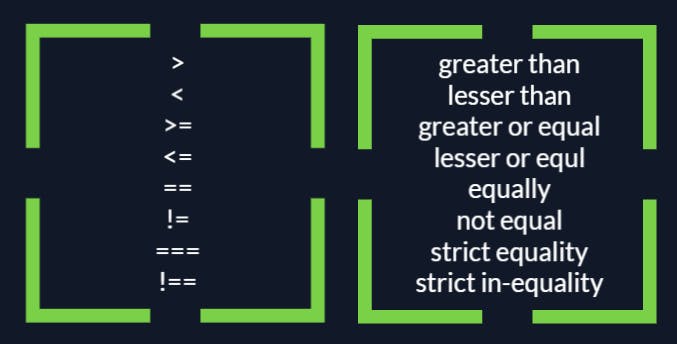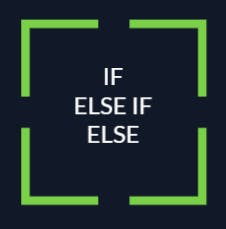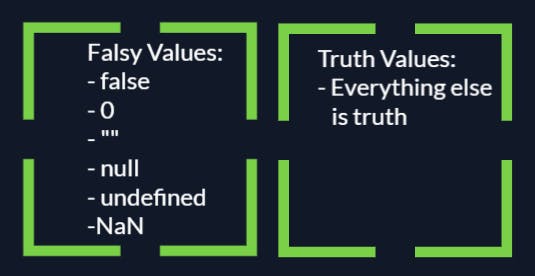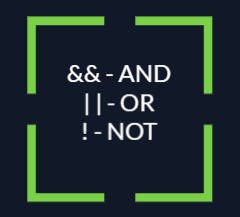
Photo by Emily Morter on Unsplash
Booleans, Comparisons and Conditionals
Comparing? Who? Me and my sibling again?
While making any sort of decisions in your code, these are going to be you best friends.
Comparison
Comparison operators return 'true' or 'false'.

5>1 //true
0.1>0.5 //false
0<-10 //false
32==32 //true
45<=45 //true
'a' === 'a' //true
Double Equality ==
Checks only if values are equal, but not the types. It coerces both values to same type and them compares.
5 == 5 //true
3 == '3' //true
0 == ' ' //true
0 == false //true
null == undefined //true
true == false //false
Triple Equality ===
Checks if both value and type is same.
5 === 5 //true
3 === '3' //false
0 === ' ' //false
0 === false //false
null === undefined //false
true === false //false
Conditional
Evaluates the given condition and runs respective blocks of code based on whether its 'true' or 'false'. Took me a while to wrap my head around it, but basically for the block of code to run the expression in the parenthesis must evaluate to true. Any value, expression, comparison must finally evaluate to true for the code under it to run.

IF
let breed = 'dog'
if (breed === 'dog') {
console.log('Woof')
}
---------------------------
let gameOver = false
//!gameOver evaluates to 'true'
if(!gameOver) {
console.log("Keep playing")
}
ELSE IF
let breed = 'dog'
if (breed === 'dog') {
console.log('Woof')
} else if (breed === 'cat') {
console.log('Meow')
}
ELSE
let breed = 'dog'
if (breed === 'dog') {
console.log('Woof')
} else if (breed === 'cat') {
console.log('Meow')
} else {
console.log('Hello Alien')
}
Truthy and Falsy Values
When encountered in boolean context, values that are considered false are 'falsy'. Values that are true are 'truthy'.

Logical Operators

AND - &&
Both sides of the expression must evaluate to 'true' for the whole expression to be 'true'
(2<=5) && ('g' === 'g'); //true
9>=9 && '9' === 9; //false
'shivrav'.length === 7 && 2+2 ===4; //true
OR - | |
Any one side of the expression must evaluate to 'true' for the whole expression to be 'true'.
(2<=5) || ('g' === 'g'); //true
9>=9 || '9' === 9; //true
'shivrav'.length === 7 || 2+2 ==1; //true
0 || undefine //false
NOT - !
Negates the result of the expression. Will return true if false and false if true.
!null //true
!('g' == 'g') //false
Operator Precedence
Specified the order in which expressions will get evaluate. Can be altered using parens ().
! > && > ||
Ternary Operator
This operator helps shorten your conditional code drastically. It improves readability and makes basic if/else much easier.
condition ? expIfTrue : expIfFalse
let name = 'Wifi'
let surname;
name == 'Wifi' ? surname = 'kumar' : surname = 'meh'
//surname = kumar
